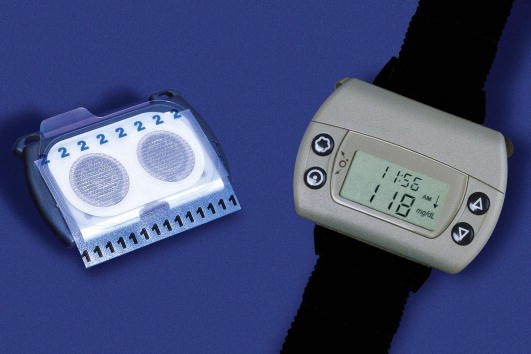
There's a new way of combating type 2 diabetes.
Doctors in the UK are currently working on a new device that can be implanted in the body and attached to a part of the small intestine. The goal is to stretch the digestion process and avoid any spike of glucose in the blood. In time, this will also manage insulin resistance.
Called EndoBarrier, it's a very small device that is placed in the small intestine for around a year, enough time needed to stabilize glucose levels, reduce insulin resistance, and control the possible complications of type 2 diabetes.
Unlike type 1 diabetes, sometimes called juvenile diabetes, type 2 often develops because of a poor lifestyle. Smoking, eating too much starchy or sugary food, and obesity are some of the major factors that can contribute to it.
In type 2 diabetes, the body develops insulin resistance-that is, the cells tend to reject glucose delivered by the insulin. In turn, the pancreas is forced to produce more of the hormone, which then increases the amount of glucose in the blood. This also destroys the beta cells of the pancreas.
Type 2 diabetes is a very common lingering disease, affecting millions of people around the world. In the UK, at least 3 million have the disease, and many more remain undiagnosed. In its early stages, the condition doesn't show any serious symptom.
In a study conducted by Southampton General Hospital and NHS Trust in Imperial College for 2 years, patients with the barrier experienced a decrease in blood sugar within weeks. The drop was so significant they didn't have to take the medications.
The same treatment may also be considered as an alternative to gastric surgery, which is often seen as the most viable way to weight loss. By having the barrier, the same effect as a typical weight loss surgery is achieved.



